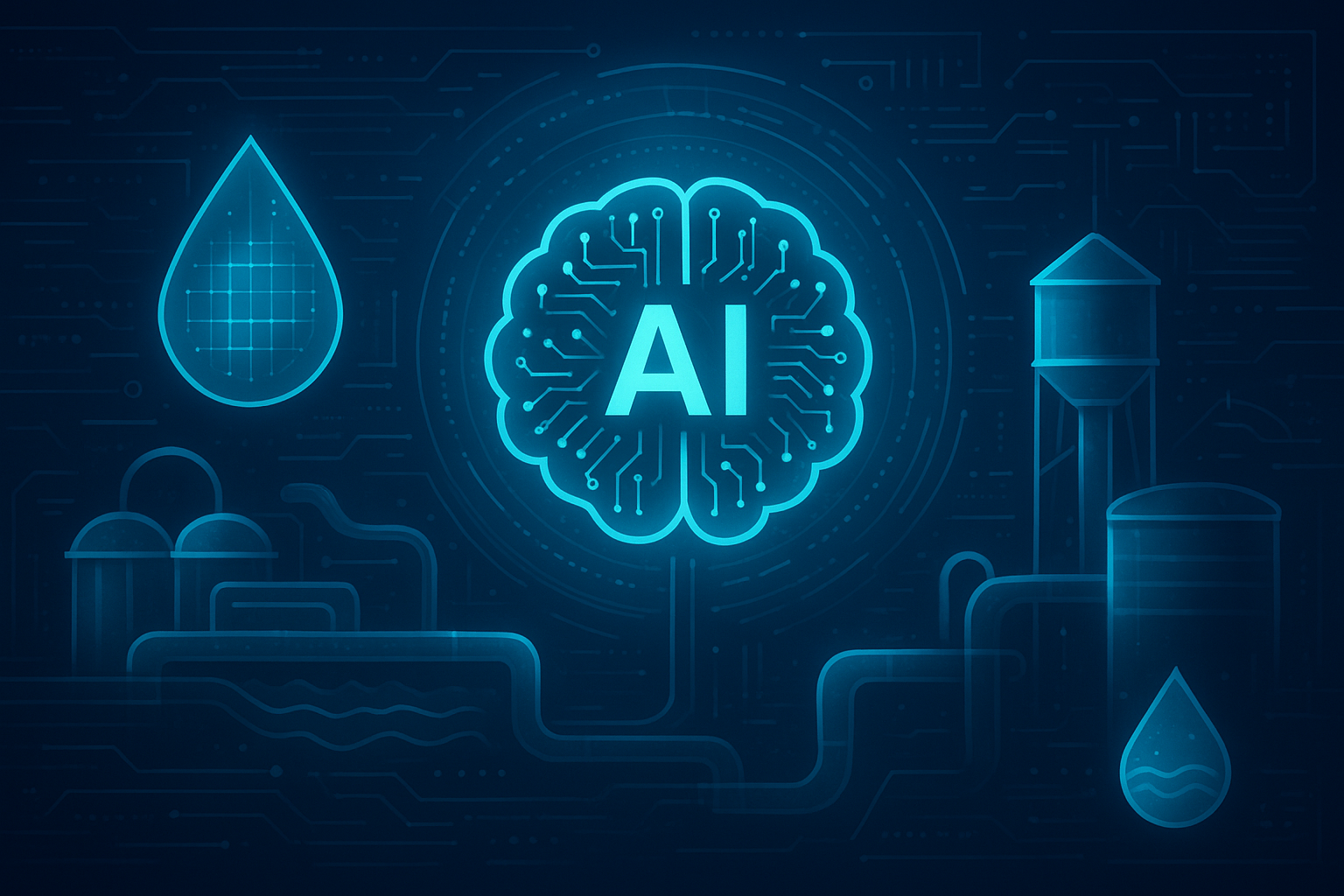How is ServiceNow’s AI being deployed to optimise workflows while anticipating competing AI-driven systems from other platforms?
ServiceNow strategically deploys AI by leveraging its unique platform capabilities, particularly the Workflow Data Fabric, which seamlessly unifies enterprise-wide data from diverse sources into a single, actionable layer. This approach enables advanced reasoning models and AI agents to swiftly analyse real-time data, triggering intelligent automations that optimise workflows proactively. Unlike competitors facing integration hurdles, ServiceNow’s unified platform allows existing automations to be easily reused or quickly expanded through intuitive tools such as AI Agent Studio and Automation Engine.
Additionally, ServiceNow’s expanding partner ecosystem ensures seamless interoperability across critical domains such as cybersecurity, fintech, and martech, reinforcing its ability to anticipate and respond dynamically to rival AI-driven systems. Built-in data governance and compliance frameworks further position ServiceNow as a trusted leader, equipping enterprises to rapidly scale AI deployments without sacrificing control or security.
In which areas have you seen AI systems actively clashing or conflicting within enterprise environments?
Conflicts among AI systems within enterprise environments typically emerge around knowledge management strategies. There is often tension between centralised knowledge repositories, ideal for human-driven search and consultation, and workflow-integrated knowledge bases that leverage AI to enhance processes dynamically. Platforms such as ServiceNow use agentic AI to generate, enrich, and continuously update knowledge directly within workflows, ensuring contextual relevance and enabling automation.
For instance, AI-driven incident resolution automatically refines knowledge articles, maintaining real-time alignment between knowledge and operational outcomes. While central portals suit use cases prioritising manual consultation and broad visibility, embedding knowledge in workflow platforms better supports decision-making, action-oriented processes, and continuous improvement through automated feedback. By balancing these approaches, organisations can navigate the conflict by aligning knowledge strategy with the specific use case: human-centric consultation benefits from centralised portals, while process-driven actions and automation gain significant value when knowledge remains integrated within the platform itself.
How do you see AI-to-AI interactions evolving over the next two years?
Over the next two years, AI-to-AI interactions will evolve into tightly coordinated, multi-agent ecosystems—far beyond isolated chatbots. Central to this evolution is centralised governance, with tools such as ServiceNow’s AI Control Tower acting as a command centre that provides visibility into all AI agents, enforces compliance, monitors performance, and aligns AI activity with business strategy, while enabling human oversight and intervention. Meanwhile, emerging standards such as MCP and Agent2Agent facilitate secure, real-time communication across diverse AI agents, ensuring interoperability and orchestration.
No-code agent studios will democratise the creation of domain-specific agents, embedding intelligence directly into workflows via ServiceNow’s Workflow Data Fabric and Agent Fabric. As complexity grows, governance frameworks—not just technical tools—will be essential to ensure trust, security, and ethical operations. In this landscape, ServiceNow’s unified platform uniquely empowers organisations to deploy, coordinate, and govern interconnected AI ecosystems at scale, with the AI Control Tower as the trustworthy hub orchestrating everything.









